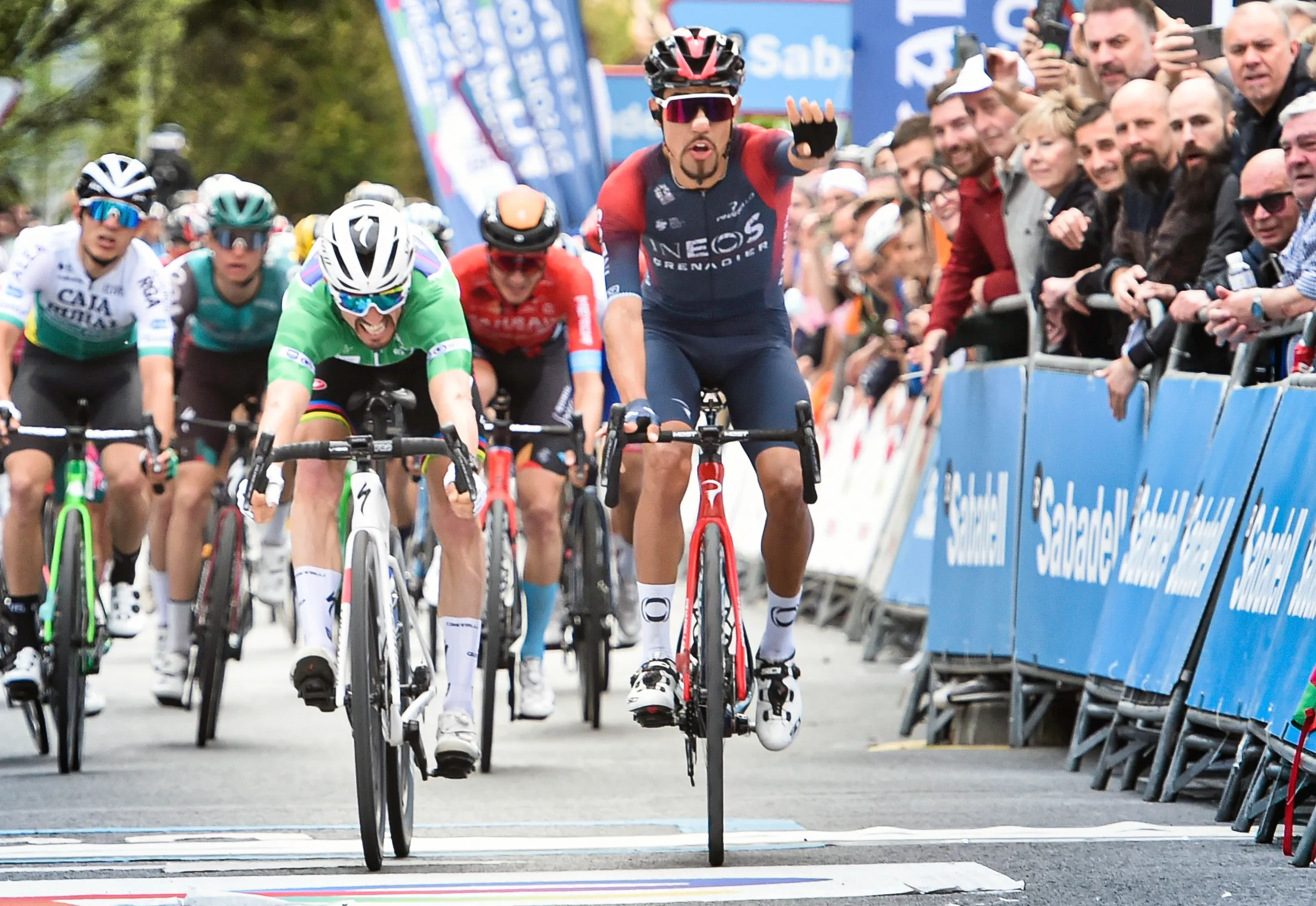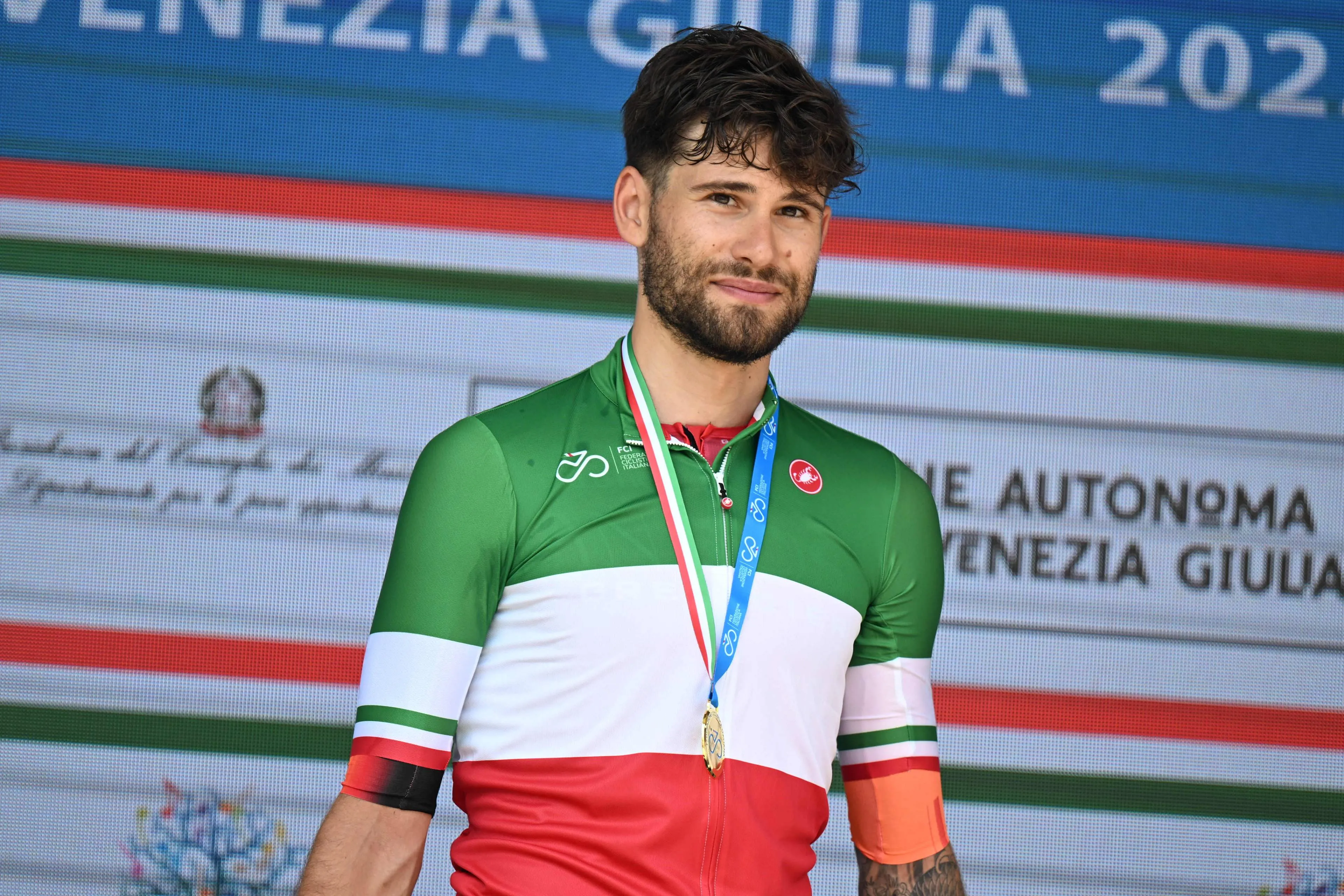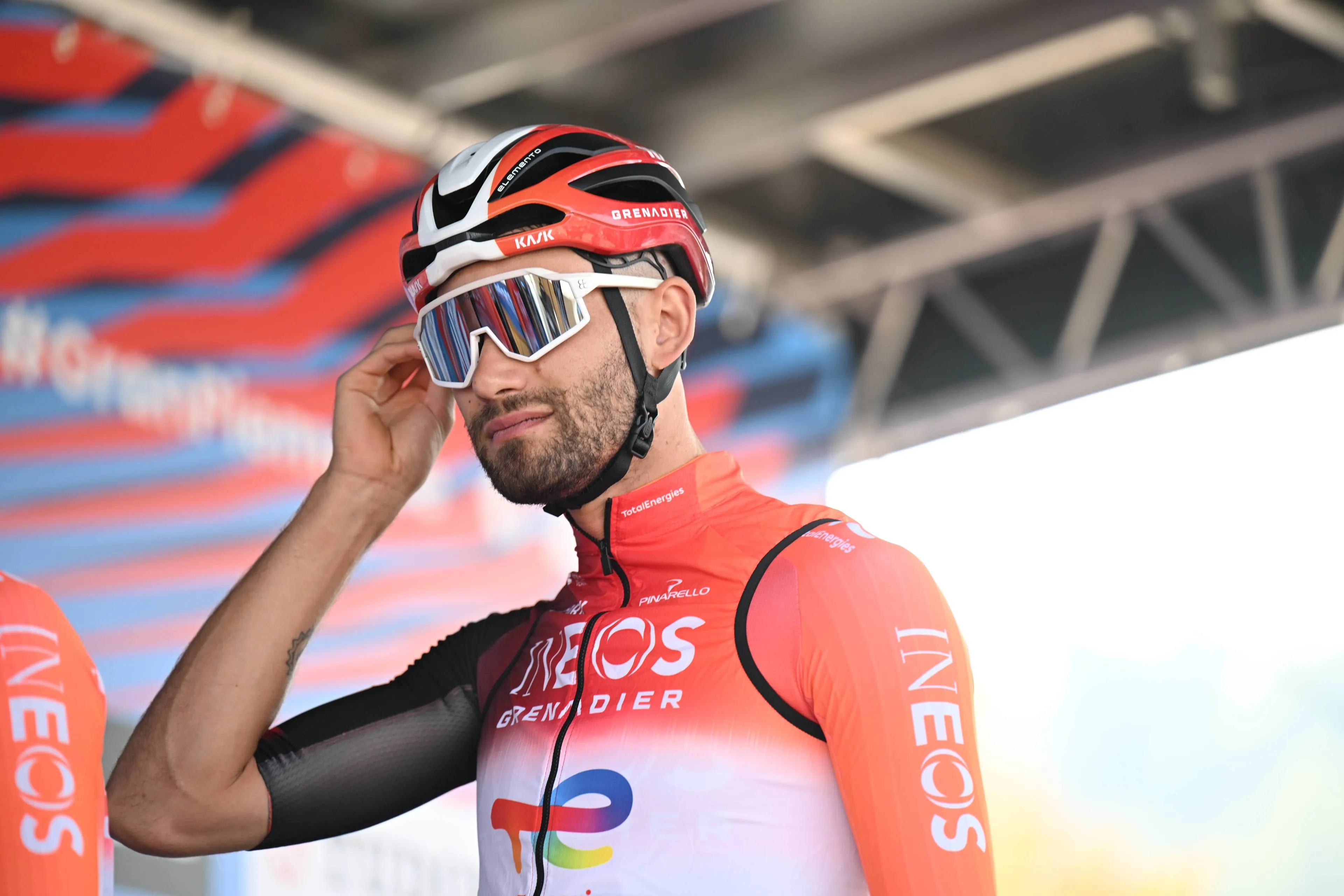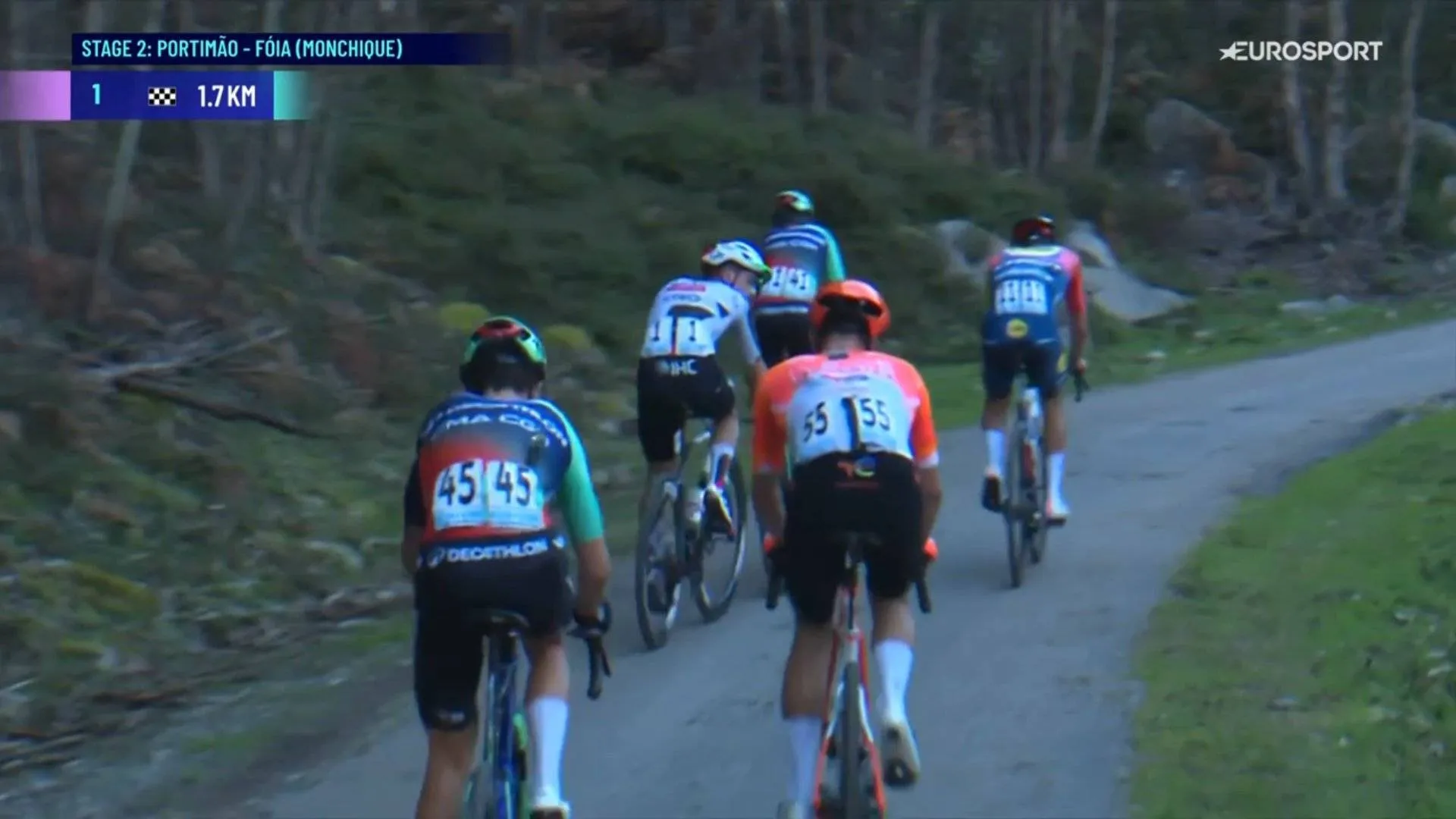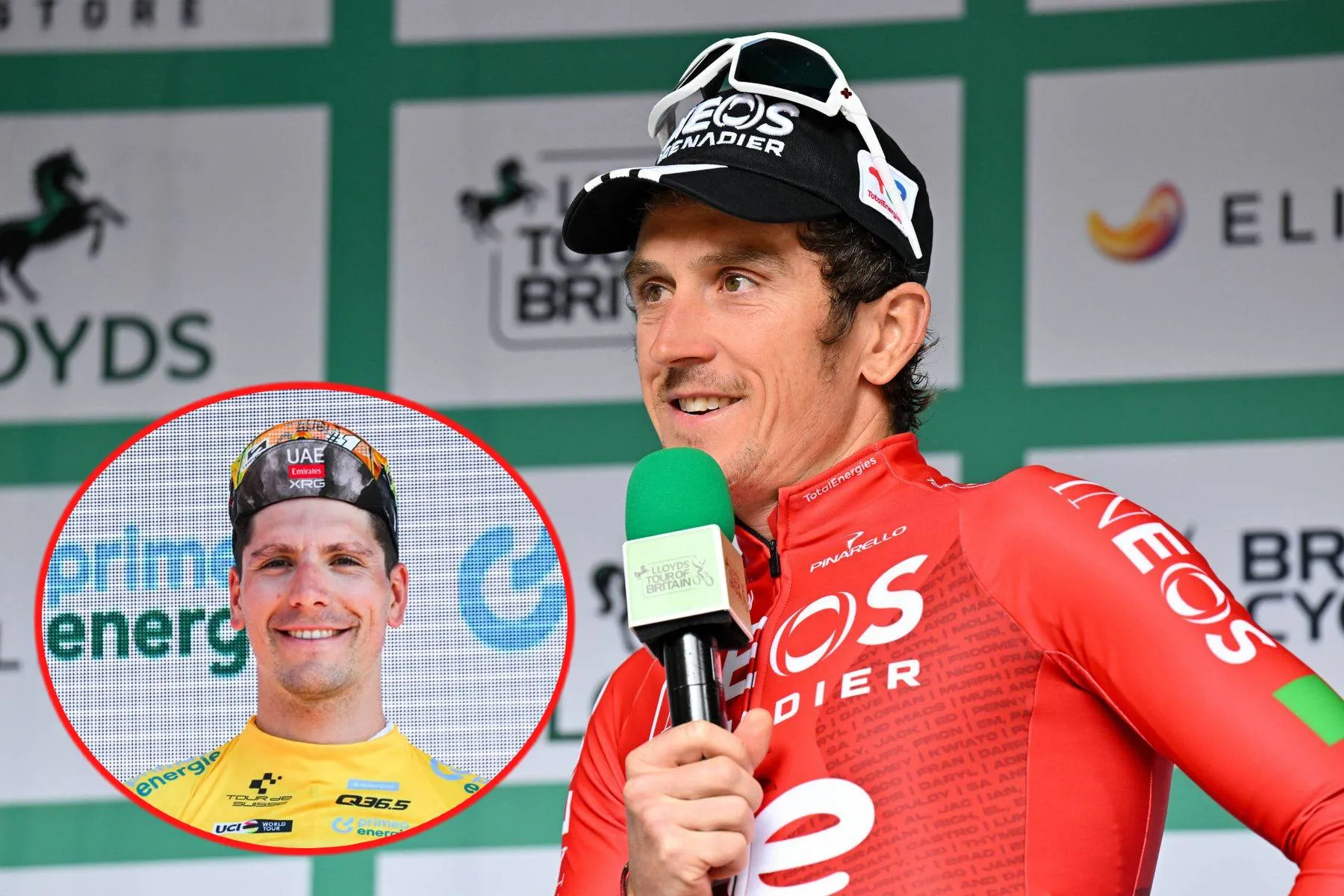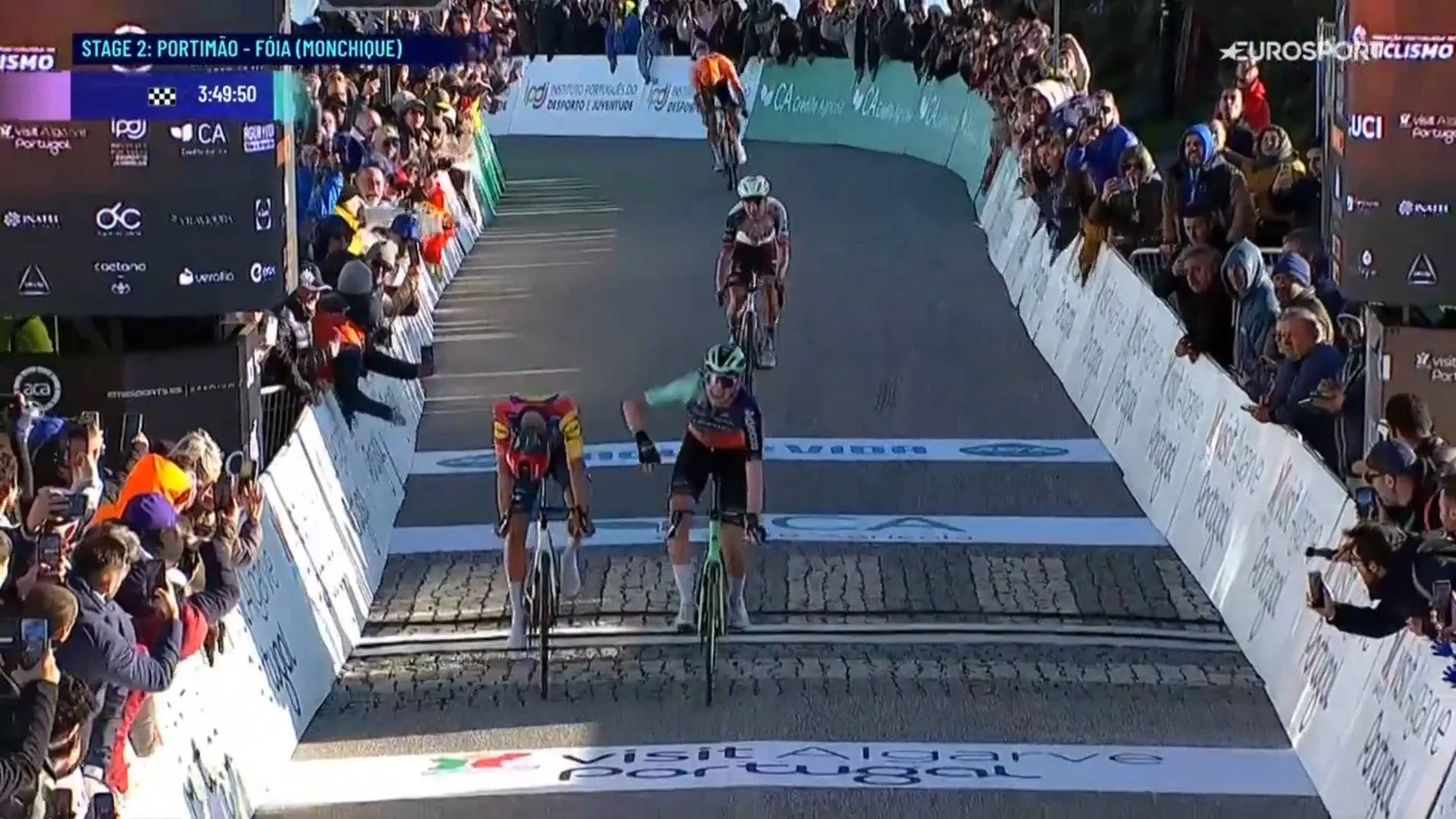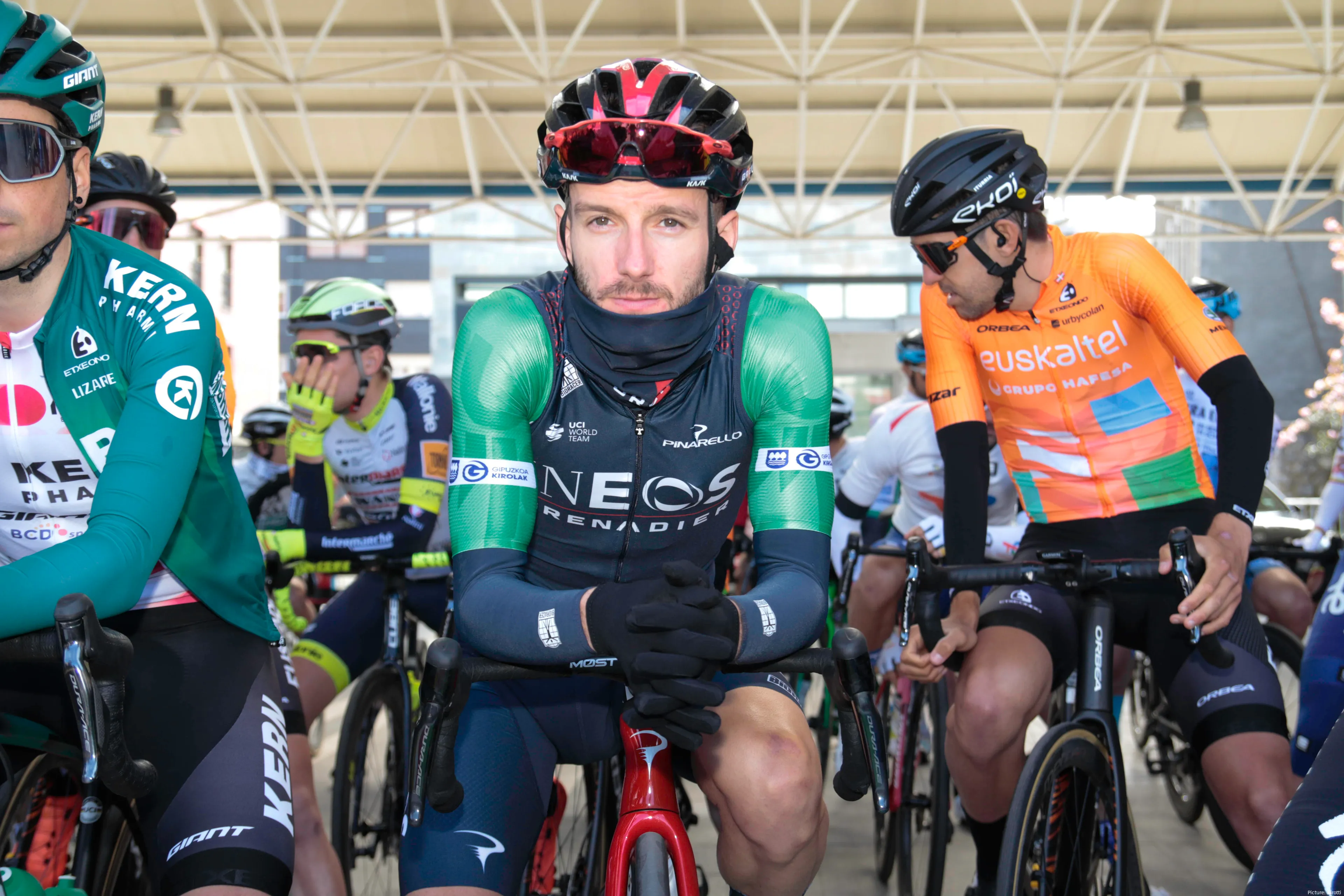
From the 12th to the 19th of June the World Tour peloton will have it's final preparation race before the Tour de France. Running at the same time as the Critérium du Dauphiné, the Tour de Suisse has tough competition, but every years the eight-stage race sees premier startlist and this year is no exception.
With eight stages on the menu, the climbers will be treated to a whole week of rough terrain which does not provide a single opportunity for pure sprinters. The opening five stages will be held in Switzerland's hills, whilst the final weekend will see two mountainous days and a final time-trial in Liechenstein.
Read also
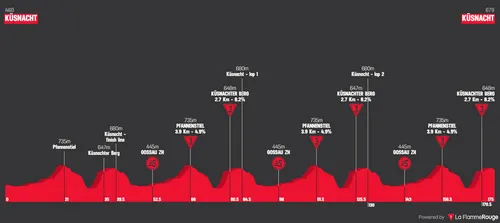
Stage 1: Küsnacht - Küsnacht, 175.4Km
The opening stage of the Tour de Suisse will see the puncheurs and
climbers come to the fore. The final circuit has 45 kilometers in distance and will be ridden three
times – although in reality, most of it is ridden four times, and it's main feature is the climb into Küsnachter Berg which features 2.7 kilometers at 8.2%,
with it’s hardest gradients towards the center. It summits with 4.5 kilometers
to go, and then a set of rolling roads will lead the riders into the finish
line.
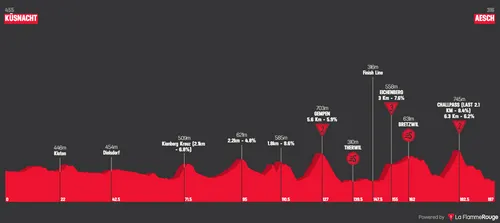
Stage 2: Küsnacht - Aesch, 195.8Km
196 kilometers on the second day of racing at the Tour de Suisse, this
one with a flatter start – with a relatively flat first half of the day. The
second half will be tougher though. The ascent to Eichenberg in
it’s 3 kilometers it features 7.5% average gradient will see further damage, whilst with 14.5 kilometers to go there will be the final ascent, the
Challpass which features 6.2 kilometers at 6.2%. From there on an inconsistent descent will lead into the finale.
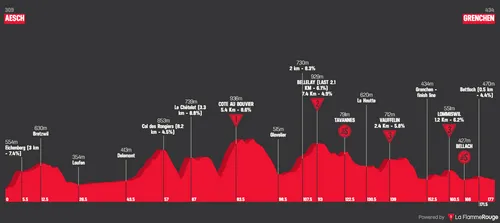
Stage 3: Aesch - Grenchen, 177.3Km
Third day of the race sees the peloton back on the hills, however this
time with a different dynamic as the finale is more flat, but the first two
thirds of the day are relatively hard. The day starts off with a difficult ascent, of the already ridden
Eichenberg (3Km at 7.4%) which is likely to see a strong breakaway go up the
road. The climbs with 120 (8.2Km; 4.5%), 110 (3.3Km; 8.8%) and 93.5 (5.4Km;
8.6%) kilometers to go will add to the fire. Another
ascent with 61 (7.4Km; 4.9%) kilometers to go will be the last long ascent of the day, and the
rolling roads that follow won’t be easy to chase but will also be easier to have
an organized chase.
The final climbs come with 48 (2.4Km; 5.8%) and 16.5 (1.2Km; 6.2%) will
not be as complicated, and are big-ring climbs which will then lead into the finish in Grenchen next to the velodrome.
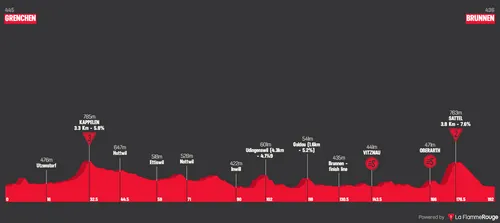
Stage 4: Grenchen - Brunnen, 191.8Km
Stage four will be an easier day, with a more flat presence, however an ascent with 3.6 kilometers at 7.9% average gradient, that summits with 15.5 kilometers to go, which sees a small plateau
and then a very fast descent will lead the riders into the final 5 kilometers,
where the streets won’t be technical, into a lakeside finale.
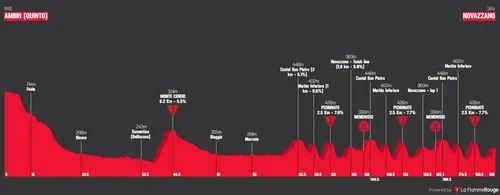
Stage 5: Ambri (Quinto) - Novazzano, 188.8Km
Stage five can be very tricky. The starts
takes place in altitude and will lead the riders into a circuit that will be ridden three times, and has a distance of 28 kilometers with
four small hills to tackle in it with descents after each one. The first comes
with 20.5Km to go (in the final lap) and features 2Km at 5.1% to Castel San
Pietro, and afterwards the riders will have a 1 kilometer at 8.6% gradient
which is the most explosive of the ramps – with 14.5Km to go.
The hardest of the hilltops comes with 8.5 kilometers to go, it features
7.7% average gradient throughout 2.5 kilometer, a more constant effort however
due to it’s proximity to the finish it may be chosen to attack. After a small
and steep descent, there will then be a run-up to the final ascent which is 1.9
kilometers long at 5.8%, with some more gentle gradients towards the line.
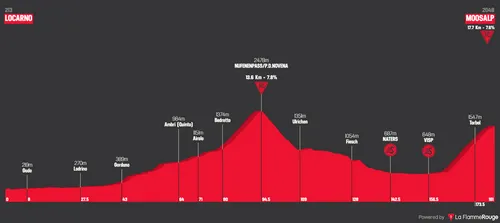
Stage 6: Locarno - Moosalp, 181.2Km
The race enters the Alps, with a decisive stage. Before the categorized ascent of the Nufenenpass itself the riders will climb around 1000
meters, however then they find 13.6 kilometers at 7.8%. As for the final ascent, it's 17.8 kilometers in length and has 7.9% average
gradient and is a climb that features tough gradients right from the base.
There is no rest, it’s a very long ascent that will see the riders test their
full climbing capabilities.
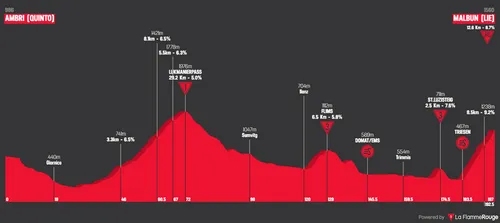
Stage 7: Ambri (Quinto) - Malbun (LIE), 196.6Km
The final road stage of the race will be equally hard, and it is likely
to be a day aswell decided in the final ascent. The riders will go up to almost 200 meters in altitude with a
29-kilometer Lukmanierpass. Over an hour of climbing with 5% average gradient, it can
be the place where the breakaway will be established, summit with 125
kilometers to go.
The final climb is 12.5 kilometers long with 8.7% average gradient. An
explosive climb at first with lots of hairpins towards Malbun ski station where the climbers will have the final opportunity to create the difference.
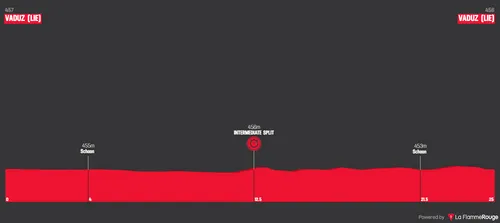
Stage 8 ITT: Vaduz (LIE) - Vaduz (LIE), 25.3Km
The final day of the race will see a time-trial fully within the
territory of Liechenstein. It will have it’s start and finish in the capital
town of Vaduz, with 25 kilometers in length with long sections where the
specialists can really do the damage.
Read also
claps 0visitors 0
Just in
Popular news
Latest comments
- I was going to post the same comment. He just can’t catch a break.Pedalmasher20-02-2026
- Totally agree. This kid has a bright future.Pedalmasher20-02-2026
- The thing is, he never has to worry about his career because he can spend the rest of his life living rent-free in your head.antipodeanpedalfan20-02-2026
- That's true, but you can't count out a resurgence from him later like Vingegaard did in 2025 (although he was 10 seconds behind, not 30)
 Rafionain-Glas19-02-2026
Rafionain-Glas19-02-2026 - Lipowitz ddn't really keep up to the big boys today either.....mobk19-02-2026
- Yes, the guy is no fluke. Even if he fails to improve over the next 15 years he’ll do damage. That young blood is going to keep the establishment working hard.Mistermaumau19-02-2026
- This excuse is harmless, just quaint and amusing. The excuse I really disliked was when he accused a mechanic of improperly adjusting his saddle, endangering the mechanic's job: blaming others for your own limitations is a serious matter.
 maria2024202419-02-2026
maria2024202419-02-2026 - ok so this is impressive - I trashed this guy all winter, get a pro win before the anointing. against a quality field. And Onley and Riccitello look good too. fun to see young blood.mij19-02-2026
- Minor flaws.... thats like suggesting Genghis Khan was a bit aggressive with other countriesslappers6619-02-2026
- Then you carry on if that's what makes you happyslappers6619-02-2026
Loading
Write a comment

